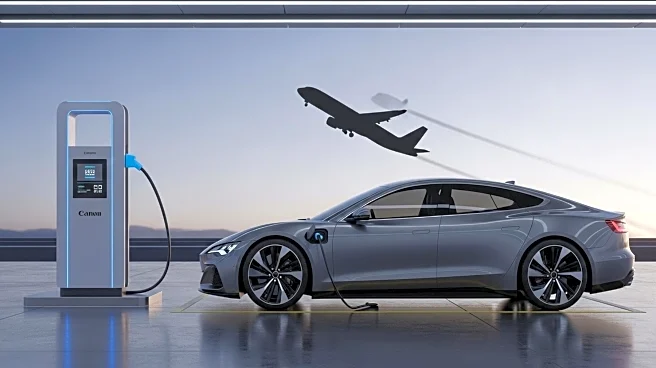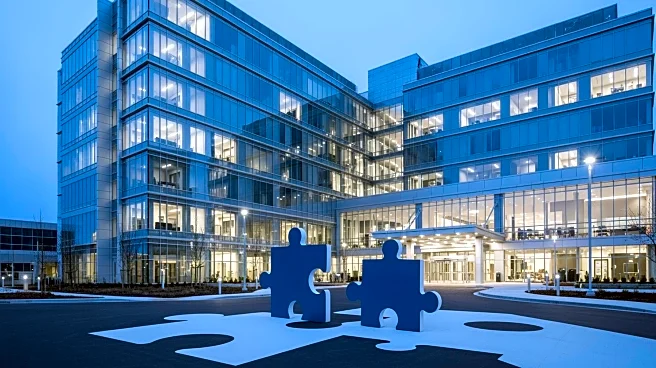What's Happening?
Tesla is in the process of acquiring permits to operate a ride-hailing service at major Silicon Valley airports, including San Francisco, San Jose, and Oakland. The company has initiated discussions with these airports but has not yet filed formal applications. Tesla's current operations in California involve a limited charter service using its Full Self-Driving (Supervised) software, which requires driver attention. To expand into a full ride-hailing service, Tesla will need to secure permits from the California Public Utilities Commission and potentially the Department of Motor Vehicles if autonomous vehicles are involved.
Why It's Important?
Tesla's move to enter the ride-hailing market at key airports highlights the competitive landscape of transportation services, particularly in the realm of autonomous and electric vehicles. This initiative could disrupt traditional taxi and limousine services, similar to the impact of Uber and Lyft in previous years. The expansion of Tesla's services could also accelerate the adoption of electric and autonomous vehicles, influencing regulatory frameworks and consumer perceptions. Success in this venture could position Tesla as a significant player in the ride-hailing industry, potentially affecting market dynamics and competition.
What's Next?
Tesla will need to navigate regulatory hurdles to obtain the necessary permits for its ride-hailing service. The outcome of these efforts could set a precedent for other companies looking to enter the autonomous ride-hailing market. Additionally, the response from airport authorities and the public will be crucial in determining the feasibility and acceptance of Tesla's services. The company's progress in this area will be closely watched by industry stakeholders and could influence future developments in autonomous vehicle regulations.









